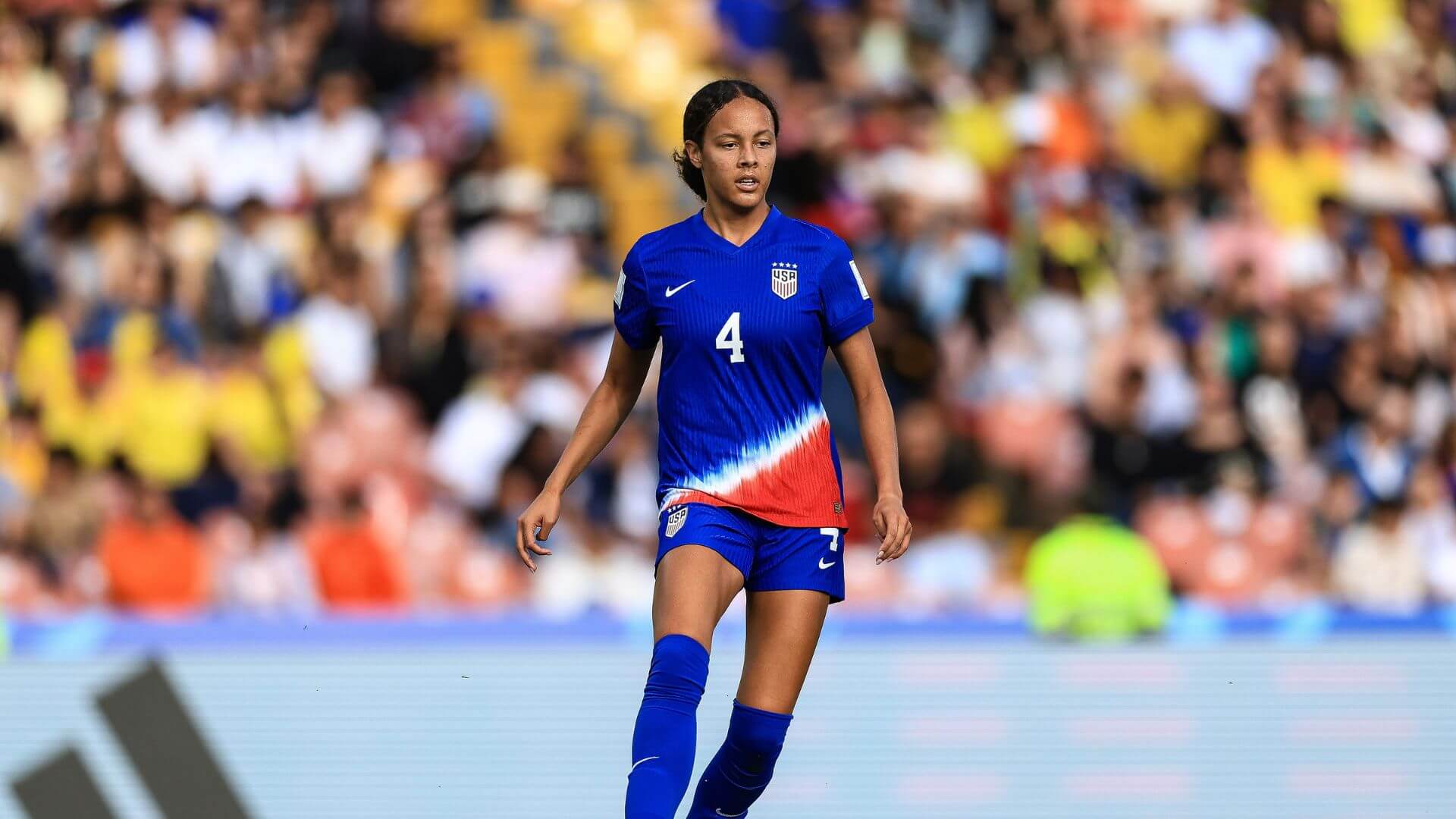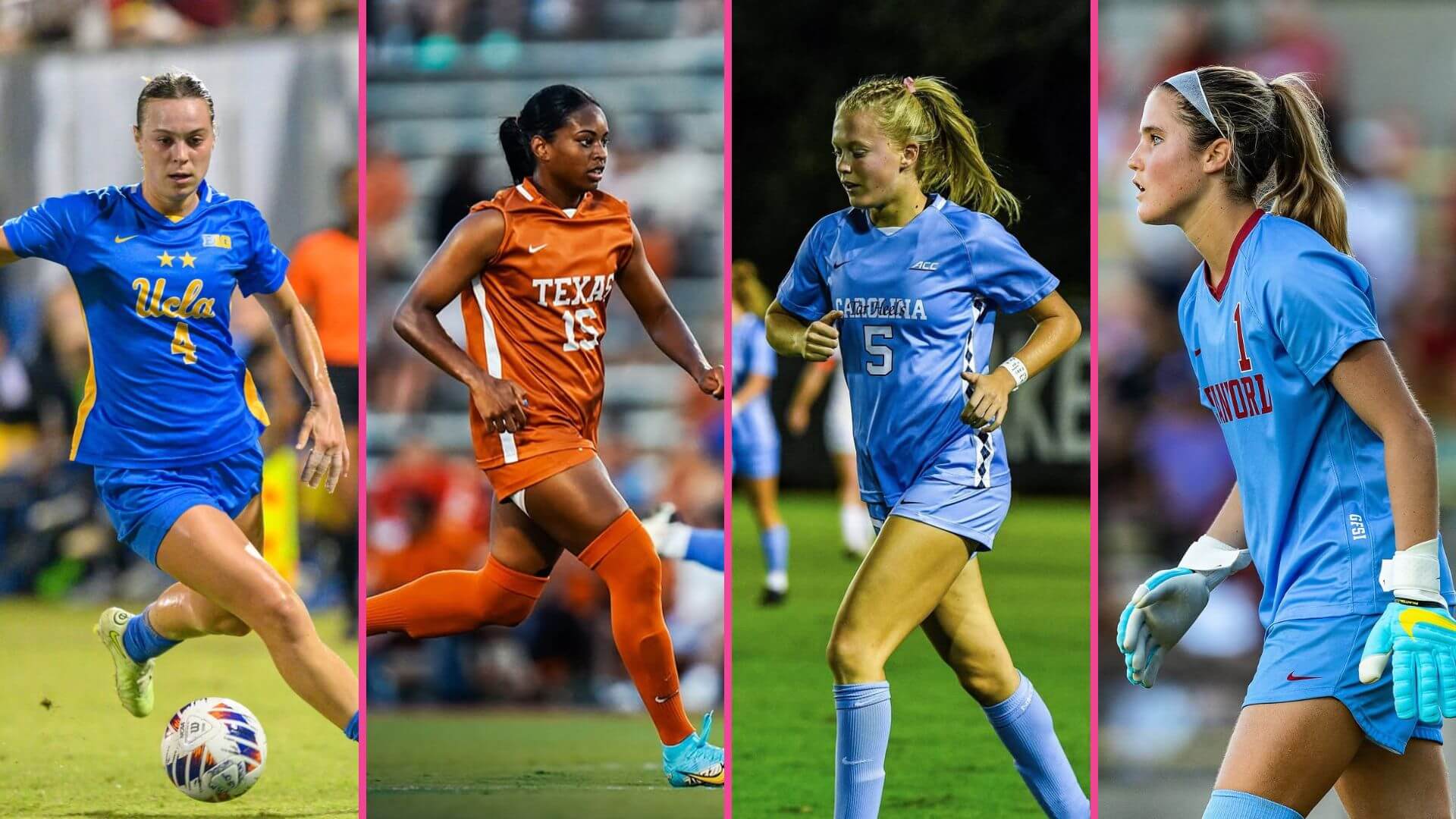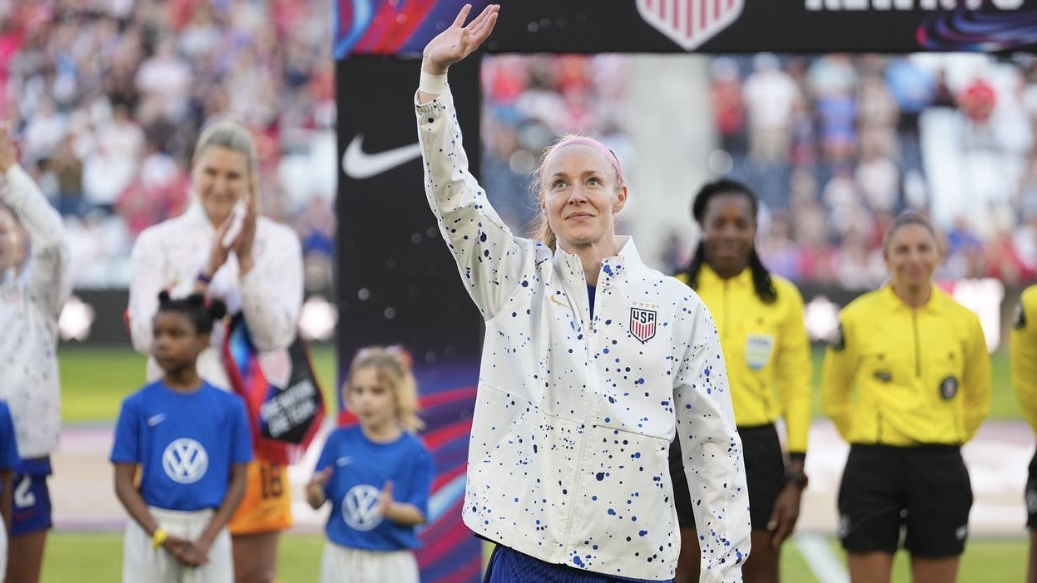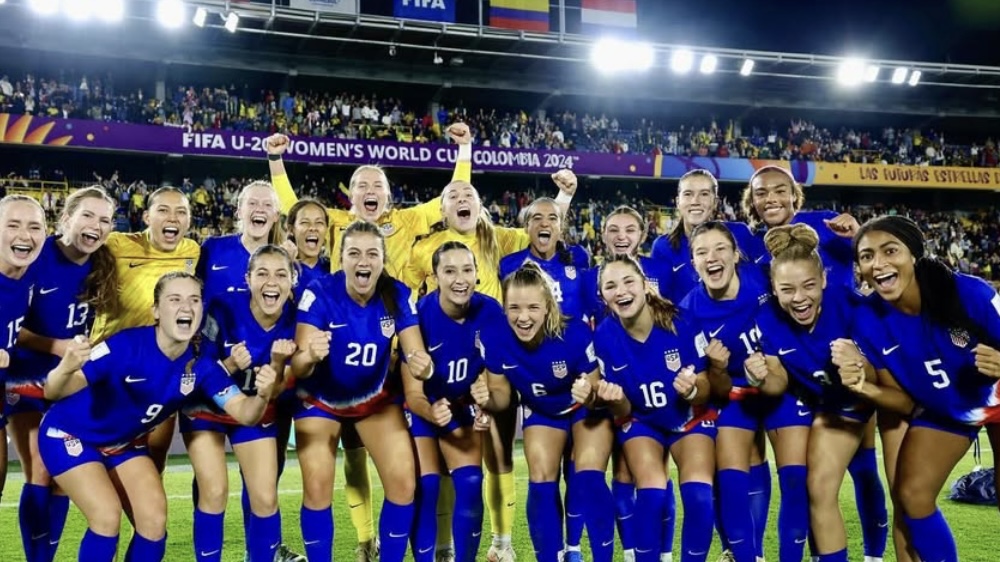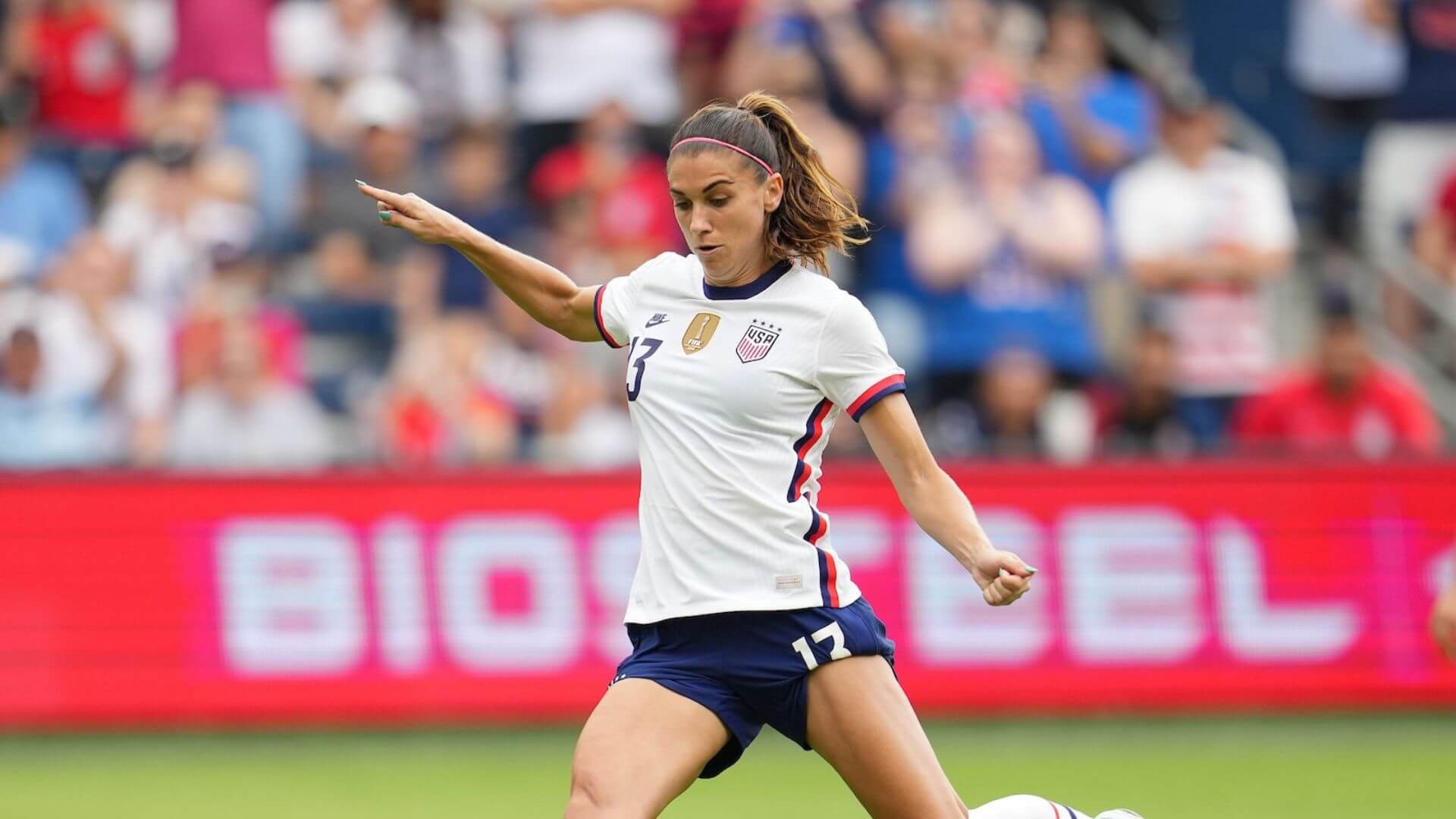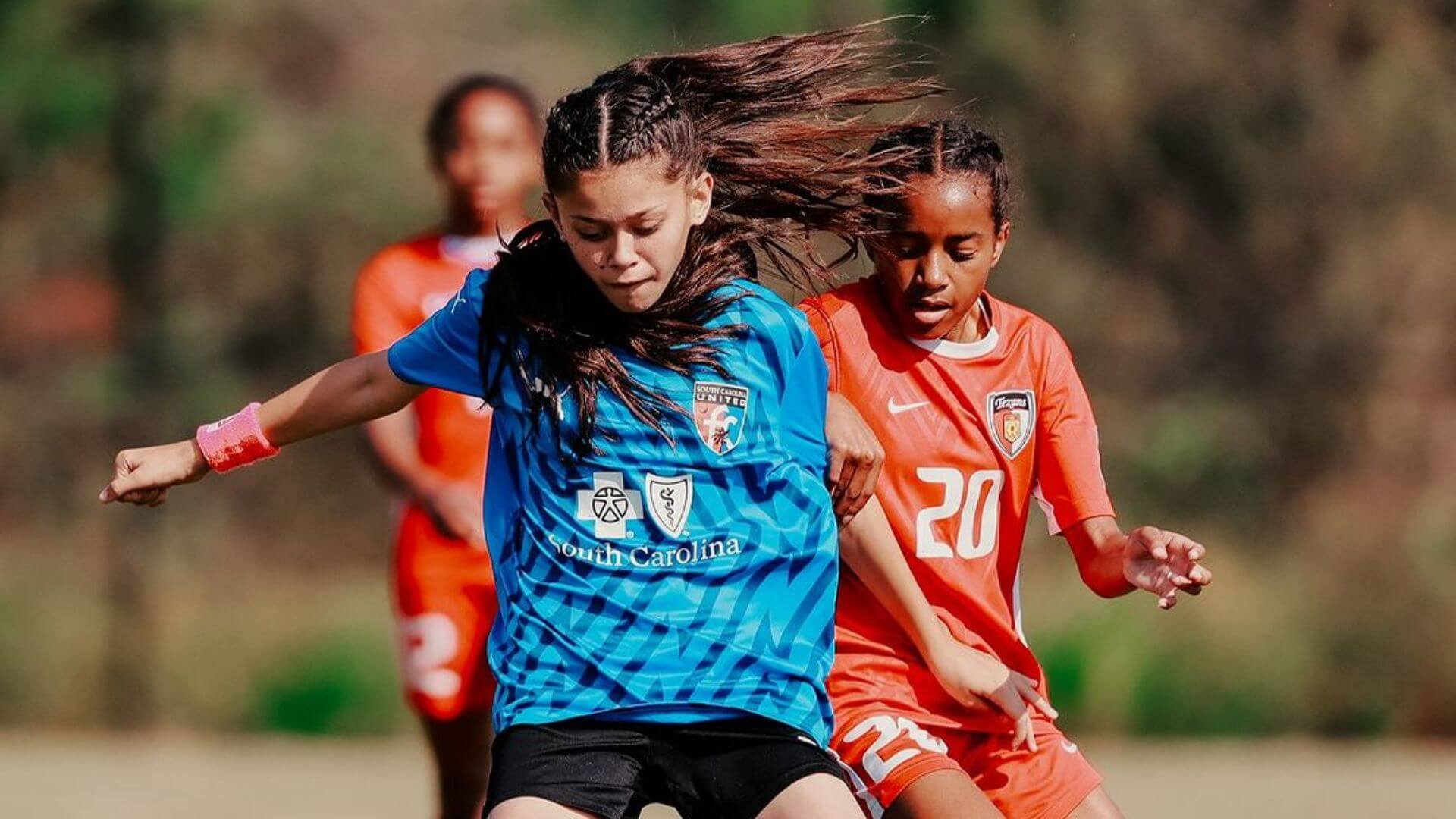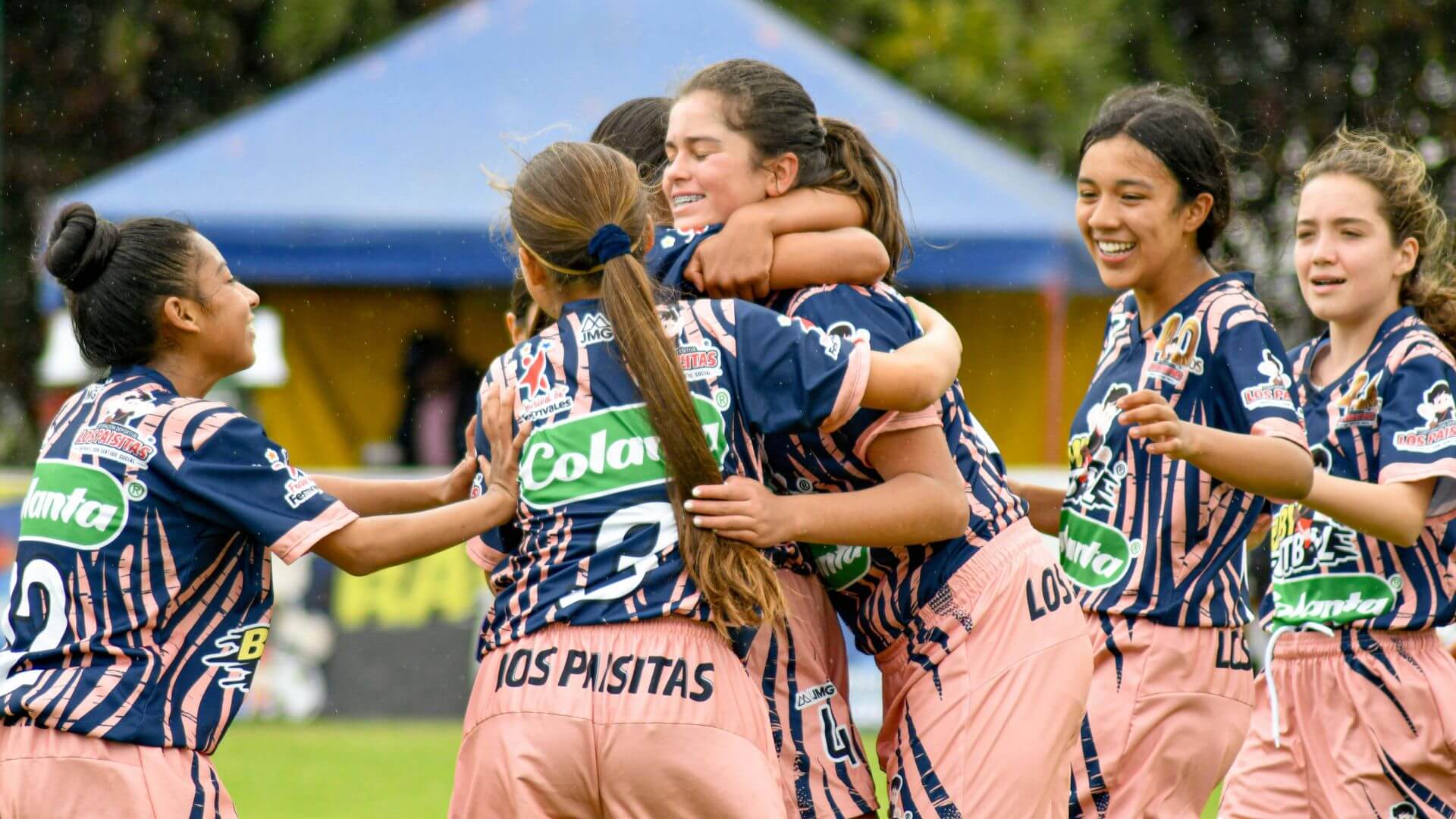10 Women Who Changed the Future of Women’s Soccer
With the USWNT equal pay settlement and now the current discussion about women’s national team equality leading up to the World Cup, we’ve seen firsthand the many influential women who have stood up for their beliefs in order to create a better future for the Socceristas who come after them. So, in honor of Women’s History Month and March 8 being International Women’s Day, here is our list of ten women who changed the future of women’s soccer over the years!
Nettie Honeyball
Nettie Honeyball is most likely a pseudonym, but her impact on the game of soccer for women is undeniable.
Honeyball founded the British Women’s Football Club in 1894. She organized games with proceeds going to local charities to show that women weren’t “ornamental and useless creatures men pictured”.
Honeyball is largely credited with the first organizations of women’s football. Although the blowback from critics at the time did stunt her growth as an organizer and a player eventually, Honeyball and her team still make our list as women who changed the future of women’s soccer.
Mia Hamm
As part of the golden age of women’s soccer, Hamm and her influential squad brought women’s soccer to the forefront of the sports conversation.
Hamm, a star forward of 1999 World Cup Winning Team, also advanced media opportunities. She appeared in a commercial comparing her to Michael Jordan, garnering public appeal and forcing the conversation around exposure for female athletes.
Hamm herself broke many records and still sits among the top strikers in USWNT history.
Hope Powell
After an impressive playing and coaching career in England, Hope Powell took on a different challenge: breaking down the coaching barriers for women. In 2003, Powell was the first woman to obtain a UEFA Pro License, the highest one available.
Today, almost 40 women hold a UEFA Pro License in England, and the number keeps growing.
Abby Wambach
Known for her stature, strength, and passion, Wambach changed the game by showing a person didn’t have to fit into anyone’s definition of a “female soccer player”. She was a formidable force in front of the goal throughout her prolific 15-year career with the USWNT, partnering with legend Christie Rampone to lead the charge in exposure for women’s soccer.
Wambach retired as the world’s leading goal-scorer. Additionally, she is currently a co-owner of Angel City FC!
Lydia Nsekera
Lydia Nsekera pioneered women in powerful positions in soccer when she became the first female appointed member of FIFA’s highest governing body in 2012—over a hundred years after its creation. Nsekera started the first women’s football team in Burundi, Africa, and is a champion for women’s rights today.
Megan Rapinoe
Rapinoe, the FIFA Golden Boot and Golden Ball winner in 2019, is known for stepping up in high-pressure moments to carry her team past the finish line.
Megan Rapinoe is also an ally and an advocate. She is credited for starting conversations around social justice during the National Anthem in 2016 and is an LGBTQ+ icon.
Lilly Parr
Parr is best known for being one of the first female footballers on the team Dick, Kerr’s Ladies. In World War I England, Parr fought for her place on the field, even when women were banned from playing in 1921.
Parr scored over 900 goals during her years with the team. The English Football Hall of Fame inducted her in 2002, making her a solidified icon for female soccer players everywhere.
Michelle Akers
Akers played the first-ever USWNT game in history and also scored the first goal for the USWNT. Her goals against Norway propelled the USWNT to win the first-ever Women’s World Cup in 1991.
Akers was a model for younger players to follow on and off the field. During her time, she initiated the fight for equal pay, calling for fair compensation, better field space, and newer equipment the women deserved. Today, Akers coaches for the Orlando Pride.
Briana Scurry
Scurry is a legendary figure in women’s soccer, starting as the goalkeeper for the USWNT with 173 international appearances and securing two Olympic gold medals from 1994-2008. She is currently an advocate for concussion education and champions LGBTQ and BIPOC representation in sports.
She was one of the first Black professional female players, with a lasting impact on the current generation.
Edith Klingers
Edith Klingers of Austria was the first women’s referee in 1935 to officiate both men’s and women’s games. Women were essentially non-existent in sports before her, and she decided to follow her calling and stand up for her position on the pitch.
_
GIRLS SOCCER NETWORK: YOUR SOURCE FOR GIRLS SOCCER NEWS



